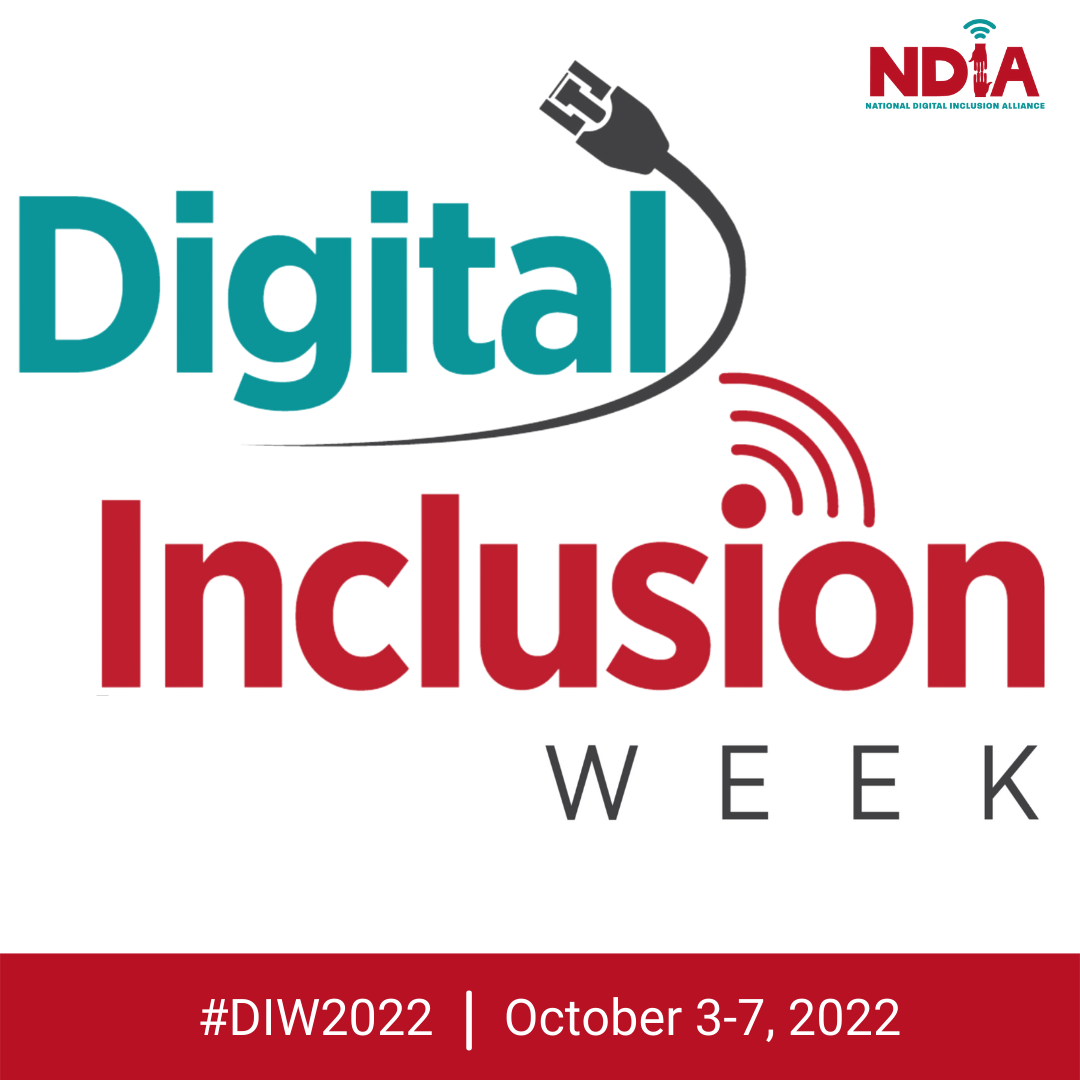| LBFE Boston Expanding Digital Equity Programming for Low-Income Older Adults in Boston & Celebrates Sixth Annual Digital Inclusion Week 10/3-10/7. City of Boston and State of Massachusetts Support LBFE Boston Request in Symbol of Digital Literacy, Equity, and Inclusion
BOSTON, Mass., Oct. 3, 2022 – Through its signature program, Digital Dividends, and its comprehensive approach to relieving isolation and loneliness in older adults, local nonprofit LBFE Boston | Little Brothers –Friends of the Elderly provides laptops, internet access, and computer instruction free of charge to older adults living in Boston public housing, necessities that millions of Americans are living without. Since its launch during the pandemic in 2021, Digital Dividends has doubled its program sites and is expanding this fall to Allston-Brighton thanks to a grant from Rabbi Halbfinger and the Charlesview Charitable Fund.
In concert with the National Digital Inclusion Alliance‘s Digital Inclusion Week 10/3-10/7, the City of Boston, and the State of Massachusetts, and at the request of LBFE Boston, an Age Strong Commission partner, Boston City Hall and the Zakim Bridge will be lit up in teal Tuesday, October 4, 2022, highlighting our mutual support for creating a more equitable society through digital inclusion.
“The lack of digital connectivity among older adults is a public health and social justice crisis. For the first time, we can understand the scope of its impact on our country” and older adults, according to the Aging Connected Report by Older Adults Technology Services from AARP. Additionally:
- ”Only 44% of individuals nationwide over age 80 use the Internet.
- Nearly 22 million (42%) American seniors lack wireline broadband access at home.
- Older adults with less than a high school degree or an income below $25,000 are ten times more likely than the general population to be offline.
- Black and Latino seniors are more than 2.5 and 3.3 times more likely to be offline.
- Medicaid enrollees are 2.7 times more likely to be offline.
- Those with functional impairments are twice as likely to be offline.”
As Infrastructure Investment and Jobs Act (IIJA) funding becomes available, digital inclusion leaders across the country are calling on their state leaders to prioritize state digital equity plans and budgets to bridge the digital divide.
The once-in-a-lifetime funding opportunities through the Broadband Equity, Access, and Deployment (BEAD) program and Digital Equity Act are fueling excitement during the week-long event for digital inclusion organizations nationwide, calling this “the moment for digital equity.”
“As we see federal law turn into actual funding for digital inclusion, it’s our time to start ‘Turning Our Moment into Movement,’ which is our theme for Digital Inclusion Week 2022,” said Angela Siefer, Executive Director of NDIA. “We invite advocates, policymakers, community leaders, educators, researchers, and others to come together this week – and all year long – to advance digital equity nationwide.”
“Older adults are often excluded from conversations about digital inclusion,” said Cynthia Wilkerson, Program Director of LBFE Boston. “They shouldn’t be—in a digital world, everyone needs access. Digital Dividends ensures that low-income and linguistically isolated older adults have access to the digital world and all that entails: telehealth, banking, shopping, communication, entertainment.” |

